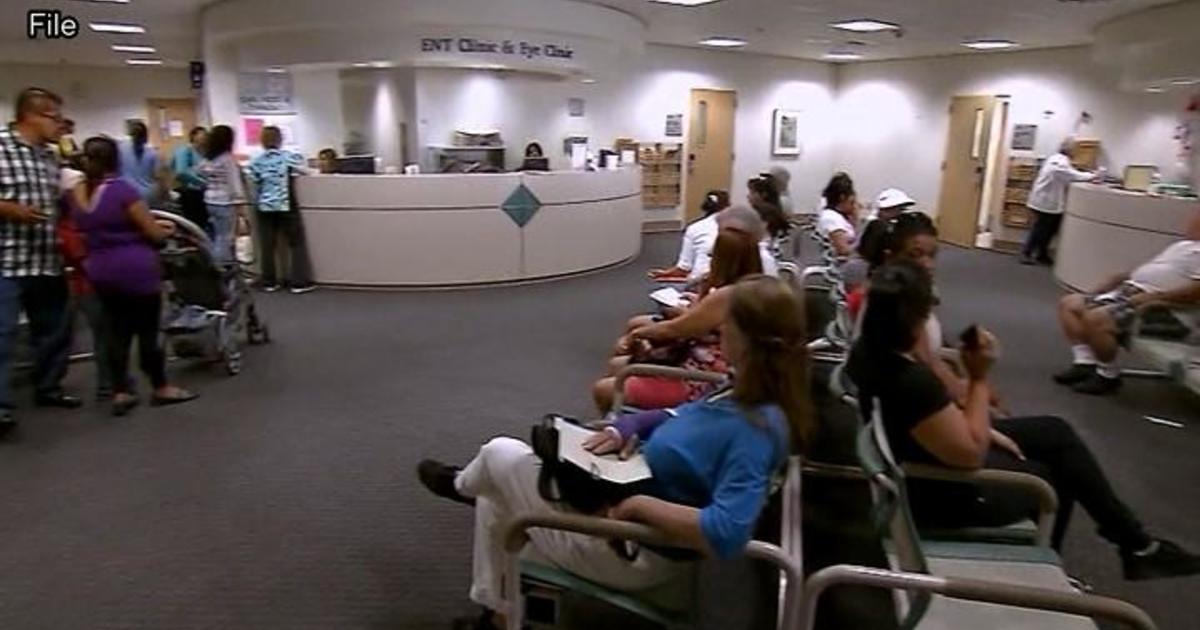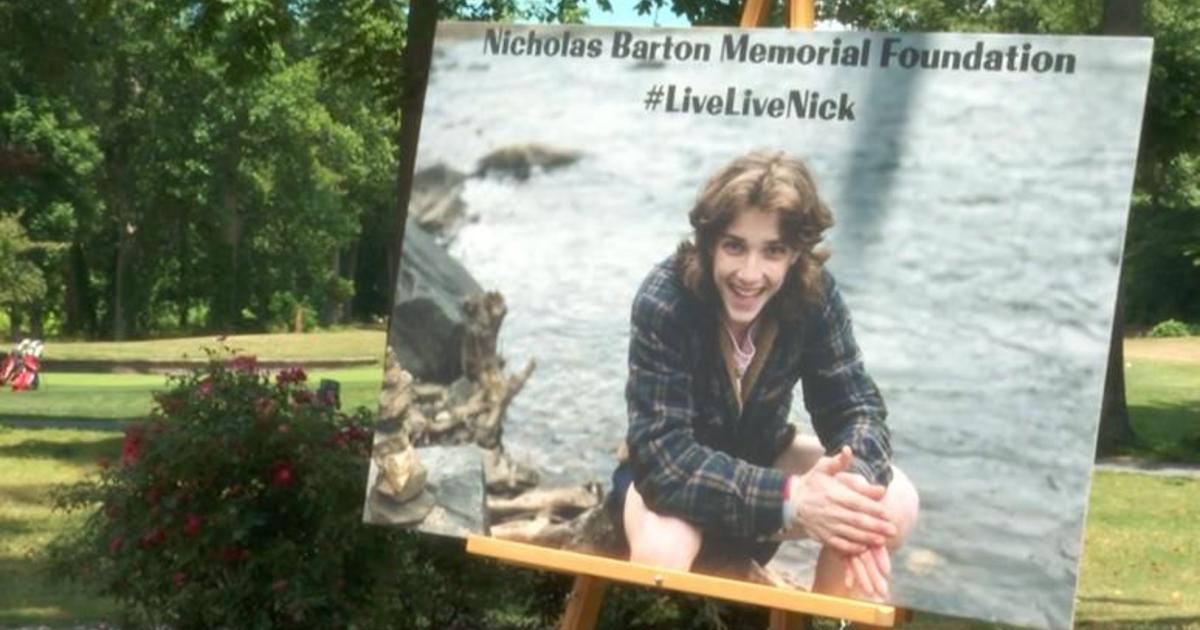Md. Doctor Helps NASA Overcome Big Obstacle
BALTIMORE (WJZ) -- NASA is receiving lots of new pictures from the Curiosity rover on Mars. The images show the horizon and the rover's shadow on the ground. Curiosity is on a mission to see if life ever existed on the red planet.
To someday get people there, Alex DeMetrick reports a local doctor is helping NASA overcome a big obstacle.
In a stunning feat of engineering this week, NASA showed it can land a large spacecraft on Mars but getting a machine like the rover Curiosity here is a lot easier than getting people to Mars.
One reason is simple.
"The astronauts are not interested in spinal taps," said Dr. Michael Williams, Sinai Hospital.
So Dr. Williams has been awarded a grant from the National Space Biomedical Research Institute and NASA's Human Research Program to find a way other than this:
"We'll pass the needle between the bones until the tip of the needle is in the spinal fluid," Williams said.
And it turns out knowing the pressure of that fluid makes or breaks a trip to Mars because some astronauts who spend months aboard the International Space Station are coming back with health problems.
"Some swelling of the optic nerve and beginning to lose a little vision in association with that," he said.
Lack of gravity, as demonstrated by two Maryland astronauts on an earlier mission, is suspected. Spinal fluid, instead of pooling at the base of the spine, drifts to the head, possibly creating pressure on the eyes. To measure that pressure in space, Williams will test it in the middle ear, using a specialized earbud.
"There are very minute, spontaneous pulsations in the eardrum that correspond to the change in spinal pressure," he said.
The link between weightlessness, spinal fluid and eye injury is no small matter. Solving it is critical for a Mars mission.
"You can develop problems with your eyes in orbit and they can bring you back home but once you're on your way to Mars, there's no choice," Williams said.
Finding something less invasive than spinal taps to test fluid pressure could also lead to less traumatic testing here on earth.



